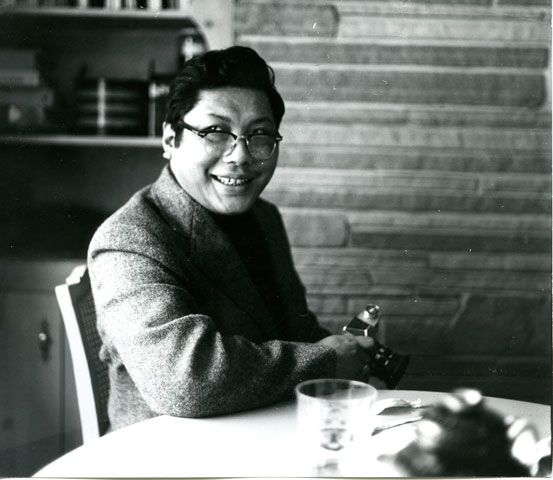Confusion Is the Starting Point for Dharma
The dharma speaks completely and totally in accordance with the language of ignorant people. The starting point for hearing the dharma is confusion. If we are not ignorant and confused — thoroughly, utterly, and completely — then there is no dharma. At the same time, dharma speaks the language of intelligence, which is the opposite of ignorance. The dharma is able to communicate the truth by relating to the confusion of sentient beings.
From Journey without Goal: The Tantric Wisdom of the Buddha, page 107.

Visit the Chogyam Trungpa Digital Library to watch or listen to more than 500 recordings.
